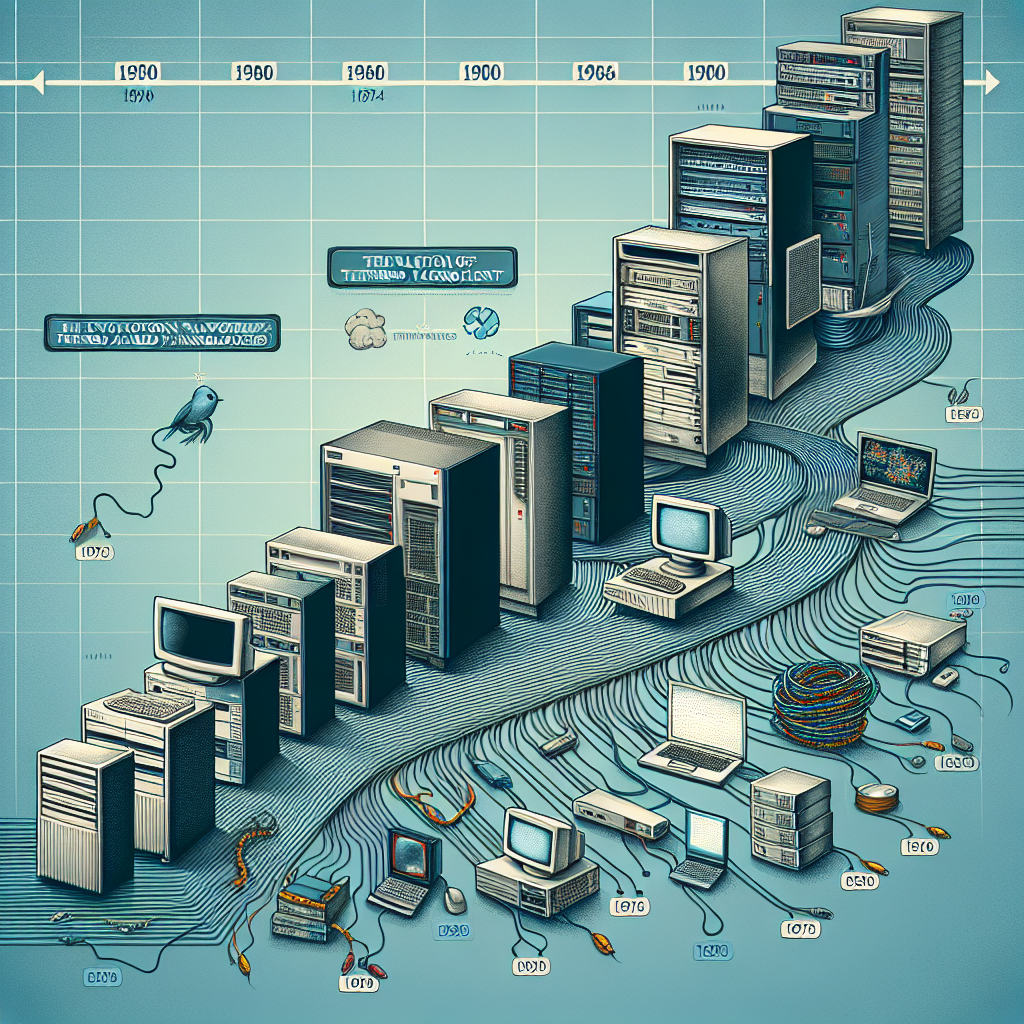The Evolution of Network Management: Trends and Technologies
Network management has come a long way since the early days of computer networking. From manual configuration and monitoring to advanced automation and analytics, the evolution of network management has been driven by technological advancements and changing business needs.
One of the most significant trends in network management today is the shift towards software-defined networking (SDN) and network function virtualization (NFV). SDN allows for centralized control of network devices, making it easier to configure and manage networks. NFV, on the other hand, enables the virtualization of network functions, reducing the need for physical hardware and making network management more flexible and scalable.
Another key trend in network management is the adoption of artificial intelligence (AI) and machine learning (ML) technologies. These technologies enable network managers to analyze vast amounts of data and identify trends and patterns that can help optimize network performance and security. AI and ML can also be used to automate routine network management tasks, freeing up IT staff to focus on more strategic initiatives.
Cloud-based network management is also becoming increasingly popular, as businesses look to leverage the scalability and flexibility of cloud resources. With cloud-based network management tools, organizations can monitor and manage their networks from anywhere, using a web-based interface. This not only simplifies network management but also reduces the need for on-premises hardware and software.
The rise of the Internet of Things (IoT) has also had a significant impact on network management. With the proliferation of IoT devices, network managers are faced with the challenge of managing a highly diverse and distributed network. IoT devices often have unique requirements in terms of connectivity and security, requiring network managers to adopt new technologies and strategies to effectively manage these devices.
Overall, the evolution of network management has been driven by a combination of technological advancements and changing business needs. As networks become more complex and critical to business operations, network managers will need to continue to adapt and embrace new technologies and trends to ensure optimal network performance and security. By staying abreast of the latest developments in network management, organizations can better position themselves to meet the challenges of the modern digital landscape.


